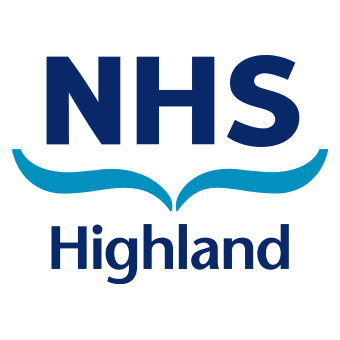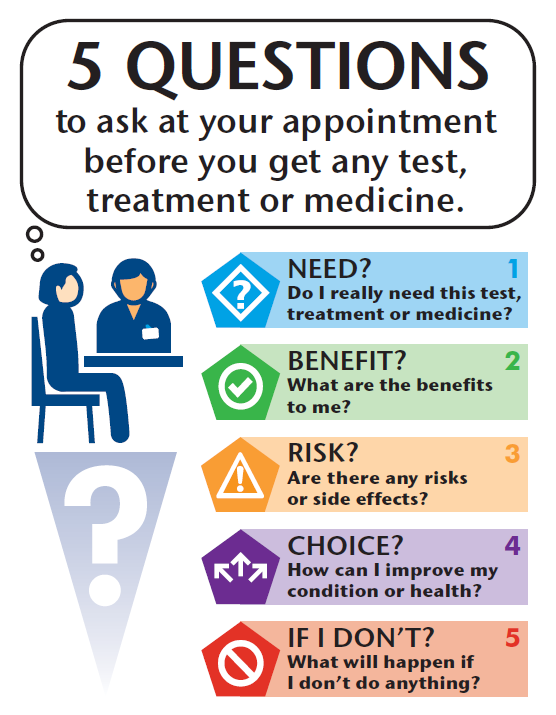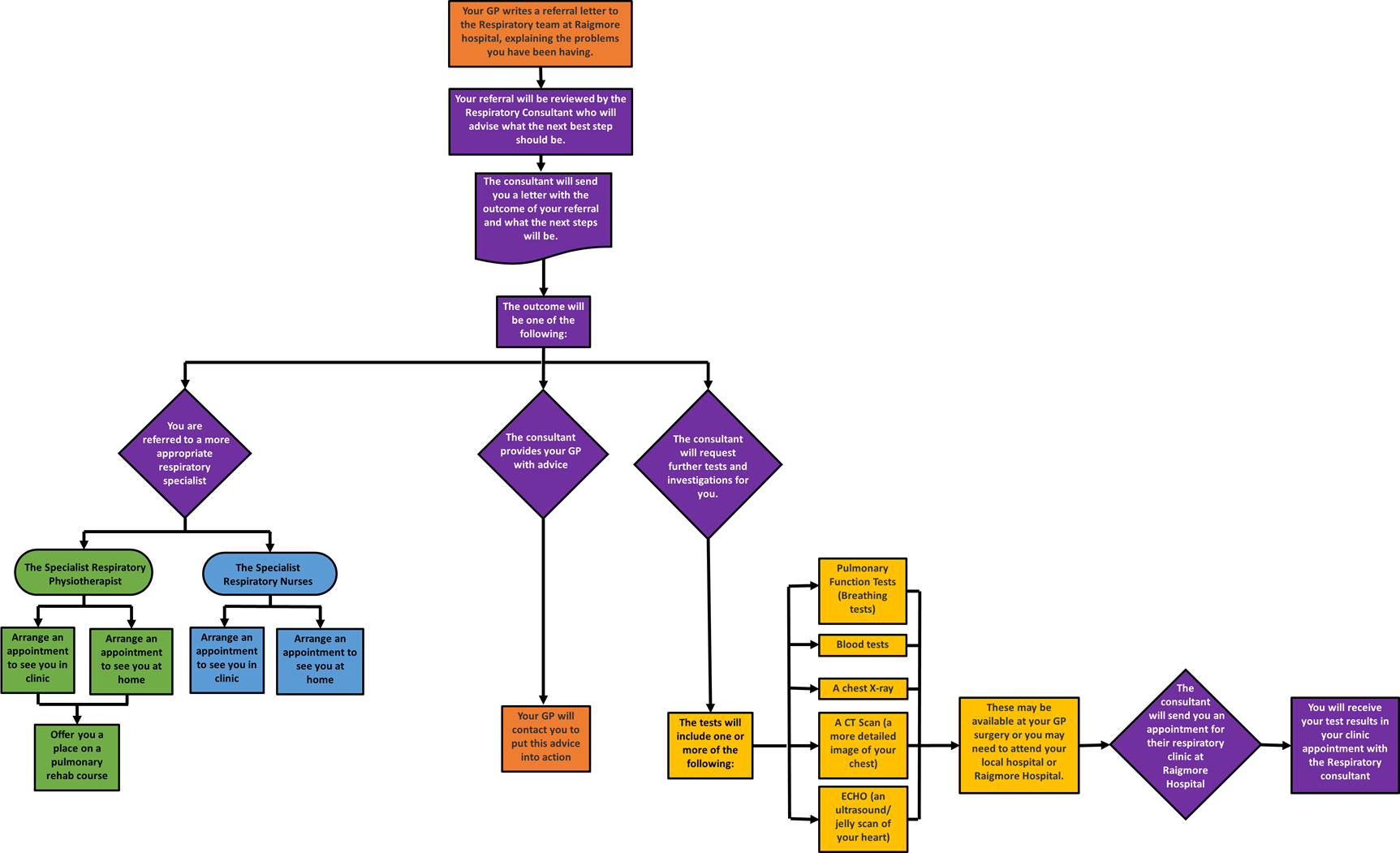Being breathless can be very frightening, but being breathless does not necessarily mean you need to call an ambulance.
Deciding whether you should call an ambulance
There are some very obvious things that members of the public should call 999 for, such as:
- Major Trauma
- Cardiac Arrest
- Choking
- Stroke
- Heart Attack
- Collapse
- Unconsciousness
- Breathing problems
The system is set up to deal with a variety of people including those who are normally fit and well - for these people being breathless (when not exercising) is usually a sign that something isn’t right, and so this triggers an automatic emergency response within the triage system.
For many people living with long term respiratory conditions, being breathless is a regular if not daily occurrence’ so knowing when to call 999 can be difficult.
Before we get to that, prevention is always better than cure!
Maintain a healthy weight, exercise within your limits, and attend pulmonary rehabilitation sessions, singing groups, peer support groups, and anything that will help you have the best lived experience. Its best you do these as early as possible, often before you feel like you need to; like any kind of exercise, it makes you fitter and better able to cope later when things get a bit tougher. Mental health, mindfulness and relaxation are so important, because anxiety can make you feel breathless too.
Ultimately you should speak with your GP or respiratory nurse team to make sure you have a tailored plan for breathlessness before you need to call for help.
This might include a written plan (ACP), and include other things like support with good inhaler technique, pre-prescribed rescue medications, and a plan specific to you, as to when, who , and how to call for help. Many areas will use a traffic light system to help guide you.
Timely intervention is far better than holding out too long. A classic thing the ambulance crews hear is “I’ve had a slightly worsening cough, darker sputum, and increased breathlessness for a couple of days but I didn’t want to bother my doctor. Then tonight it suddenly got a lot worse, and I didn’t know who to call”.
Contacting your GP or respiratory nurse team early can prevent the need for an ambulance in the middle of the night, and this is better for everyone. It protects the ambulance service so that they can be there when you really need them, and you are far more likely to get an alternative care plan within working hours because there are often far more services and options available to clinicians.
So, when to dial 999
Remember that you can call your GP, phone 111 for advice, contact your respiratory team if you are on a remote monitoring program, talk with third sector like the Chest Heart and Stroke Scotland clinical line or peer group support.
You should save 999 for emergencies - but never hesitate to call when you need to. If you’ve gone through your plan, tried the techniques you’ve been shown, and still dont feel right, or if you become very suddenly ill, the Scottish Ambulance Service will be there for you at anytime day or night.
Be particularly aware of things like extreme shortness of breath or difficulty in breathing, chest pain, exhaustion, collapse or anything that is beyond what you are used to dealing with – you are the expert on your own body and your own condition and we will listen to that.
So:
- 999 for Emergencies, but
- Your own GP within working hours, or
- 111 for advice and to schedule an appointment out of hours
What to expect when you call an ambulance
Your call will be taken by an experienced call handler, and based on what you say over the phone, they will triage you and allocate the priority of the response to your call.
Occasionally a Scottish Ambulance Service Clinical Adviser, Advanced Paramedic Practitioner or specialist General Practitioner will call you back for a further consultation and they can sometimes update the triage to a faster response, or help you remotely with self care. They can advise, sign post or schedule appointments and this may get you the right care whilst avoiding the need for an ambulance to attend.
Once an ambulance is with you they will assess you and then discuss care options with you.
Historically ambulance services had very few options, we either decided you were well and discharged you at home, or took you to A&E.
Increasingly SAS clinicians will use BRAN principles (Benefits, Risks, Alternatives, and what is likely to happen if we do Nothing) to guide a person-centred care plan that considers your wishes and the clinical need.
In many areas we have access to hospital at home service, community respiratory nurses, same day emergency care units and direct access to wards, all of which may help our clinicians on the ambulance to get you to the right care and avoid long waits in Accident and Emergency.
All that said, if you are critically unwell, Accident and Emergency may still be the best place for you and so you should listen to the ambulance crews if this is their recommendation.



